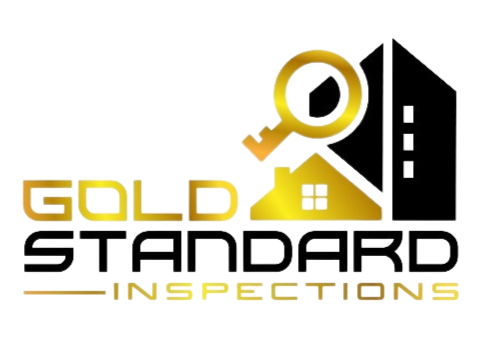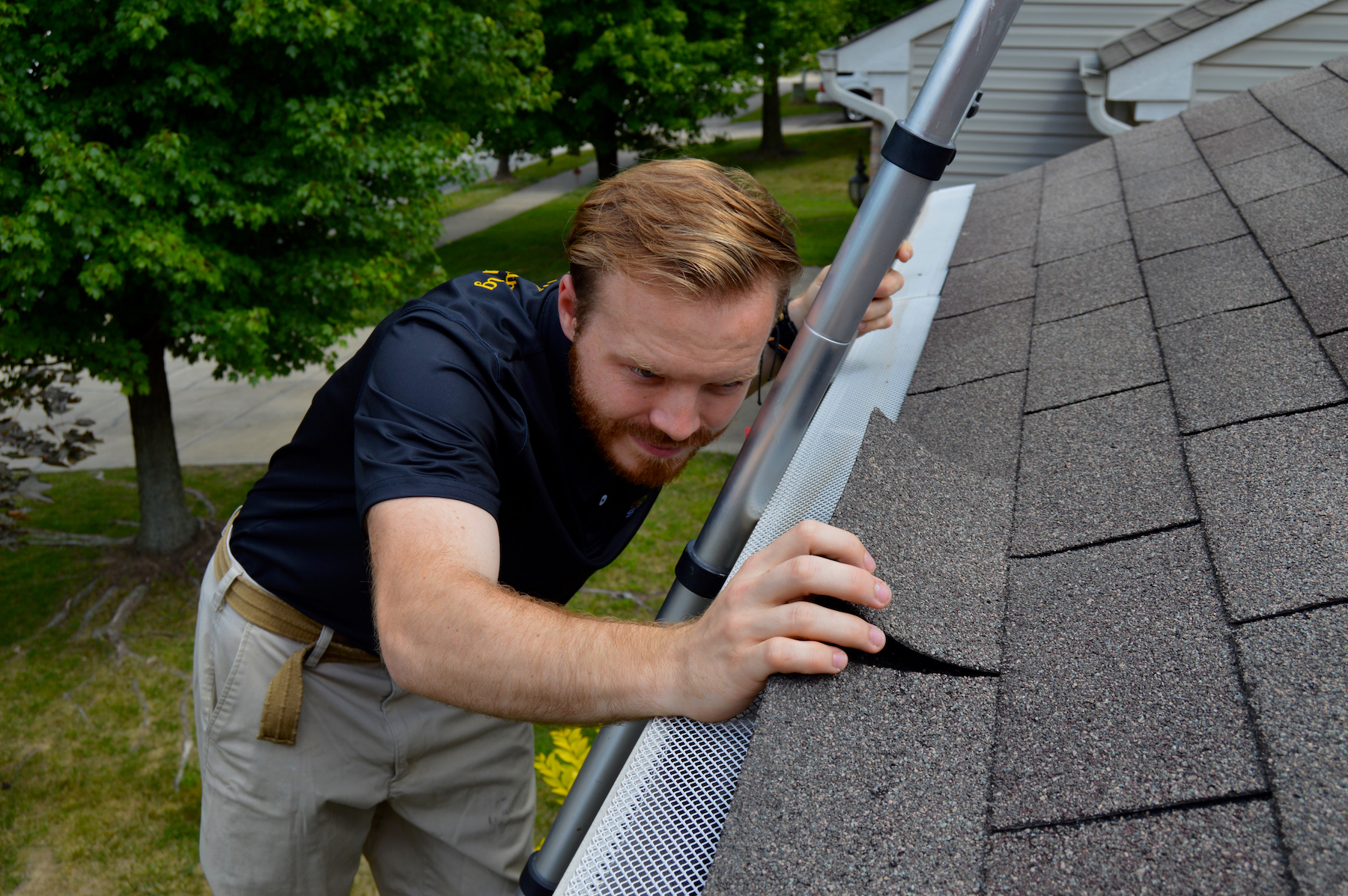
Resources
Importance of Mold Assessments
When purchasing a home, buyers often focus on key aspects like location, price, and condition.…
Importance of Mold Assessments
When purchasing a home, buyers often focus on key aspects like location, price, and condition. However, one critical factor that deserves attention is the potential
Understanding Single Strand Aluminum Wiring
Understanding Single Strand Aluminum Wiring: Hazards and Safety Concerns Single strand aluminum wiring was commonly used in homes built from the 1960s through the early
Spring Maintenance Checklist
Spring Maintenance Checklist Every spring is the only spring, a perpetual astonishment. – Edith Pargeter – Interior Remove storm windows and install screens Clean and
Why Home Inspectors Recommend Infrared Scans
Why Home Inspectors Recommend Infrared Scans When it comes to home inspections, the traditional methods can sometimes leave buyers feeling uncertain about the property’s true
Understanding Asbestos in Wall and Ceiling Texturing
Asbestos has a complex history in construction. One such way was in wall and ceiling texturing. While it was popular for its desirable properties, including
Importance of HVAC System Servicing
Your HVAC (Heating, Ventilation, and Air Conditioning) system plays a crucial role in maintaining a comfortable home environment throughout the year. Regular servicing—specifically bi-yearly, once
Frequently Asked Questions
A home inspection helps you to learn about the home you’re buying, gives you confidence to address potential concerns, and delivers peace of mind about your new investment.
A home inspection is an objective review of the visible and readily accessible condition of a property at the time of the inspection, with a focus on critical systems: Roof, Property Site & Lot, Exterior, Garage, Attic, Structure, Interior, Electrical, Plumbing, Heating & Cooling, and Appliances.
If we identify issues, we provide you with specific recommendations and next steps.
For a single family home, we book no less than 3 hours. Not all inspections will take this long.
Townhomes, condos, slab homes, and new construction properties often take less time.
However, the size, age, and foundation type of the building factor in to how much time is needed.
Certain additional services (i.e., pool inspections, sewer scopes, outbuilding inspections) can increase the time necessary for the full inspection.
For a commercial property, we book no less than 4 hours.
Attendance is not required, but is recommended, especially for newer home owners.
You’re welcome to attend the entire inspection. Our inspector will show you how various systems operate and how to properly maintain them. You’ll also have a better understanding of the contents of the report if you are able to see it from our inspector’s perspective.
If you can’t join our inspector on site, our digital inspection report provides summary, specific findings, identification of potential issues, recommendations, and high resolution photographs. Our inspectors are available via e-mail or phone after the inspection to answer any questions.
Because the human eye can’t assess temperature differences.
We deploy high-quality digital infrared cameras to identify water leaks, electrical problem, and energy loss issues.
Infrared helps inspectors to identify water-related issues (plumbing leaks, roof leaks, exterior water intrusion), electrical issues (overloaded circuits), and energy loss issues (insulation).
With infrared, we discover “hidden” problems on about 15% of all of our inspections.
It is our expert opinion that ALL inspections should be done with infrared technology; however, we are aware that some buyers are on a tight budget and others may not need an Infrared Scan. Therefore, we opted to offer this as an additional service instead of building it into our inspection price. This allows us to put the options in your hands.
Our Inspection Report is our product and it is top of the line in the industry – factual, graphical, colorful, and educational. Every home or commercial property inspection comes with an Online Interactive Report, a Full PDF Report, and a Summary PDF report.
Our Inspection Report gives you a comprehensive understanding of the visible condition of the property across a dozen major categories: Roof, Property Site & Lot, Exterior, Garage, Attic, Structure, Interior, Electrical, Plumbing, Heating & Cooling, and Appliances. If we identify issues, we provide you with specific recommendations and next steps.
Our home inspection reports are conducted under ASHI (American Society of Home Inspectors) and state inspection standards, often exceeding them where we can.
Our commercial property walk-through surveys are conducted under a limited selection of ASTM E2018-15 (American Society for Testing and Materials).
Absolutely.
In fact, there is no reason inspection companies, given today’s technology, should not be including photos or using digital reports.
Our digital inspection report includes high-resolution color photos. Moreover, in some instances, we can even include videos if a situation calls for it. Not many inspection companies have this capability.
Via e-mail.
Our inspector reviews and discusses inspection results on site with you and then delivers our inspection reports digitally.
It depends.
Cost varies due to location, size, and other variables. Cost also varies if add-on inspection services are requested, e.g., radon, termite, pool, infrared, outbuildings, etc.
Most home inspections for standard -sized homes cost between $300 and $500, but many inspections fall outside of that range due to variables.
If the cost of a home inspection sounds too good to be true, it probably is — new inspectors and franchise operators tend to compete based on price. Buying a home is one of your most important investments. Therefore, we recommend not short-changing your inspection quality to save $25 to $50.
Commercial property inspections tend to cost more by default than our home inspections, but since we prioritize light commercial properties and exclude services such as cost estimating, interviews, and document review, we are able to offer prices better than specialized commercial property inspection companies.
Absolutely.
One of our core goals is to put the options in your hands and offer as many of the services that you could possibly want to ensure a home or commercial property is up to your standards. It is no secret that we offer more services that most of our competitors.
Yes.
If utilities aren’t on, the inspection will be significantly limited. We can still inspect the property and then return later when the utilities are turned on for a fee. Since utilities are the responsibility of a seller, that fee often can fall on them.
It depends.
In many cases, our inspector walks the roof but it depends on safety concerns, weather, accessibility, roofing material, and roof pitch.
Our inspectors have ladders and binoculars and can visually inspect the roof from the eaves or ground.
For the safety of the inspector, we will never walk roofs that can be damaged by walking them (i.e., slate, tiles) or roofs that are frosted or snowed over.
Our company is currently looking into utilizing drones for the future, but this is an ongoing process since there are location and licensed requirements.
Yes, whenever possible.
Heating and Air Conditioning systems (HVAC) cannot be fully inspected under certain circumstances, e.g., if utilities aren’t turned on. Additionally, certain system defects may create a hazardous condition or damage the appliance.
To prevent damage to a compressor-based system, we only test heat with a heat pump if the outside temperature is <60F. Likewise, we only test air-conditioning if the outside temperature is >60F.
If systems are shut down, liability may prevent us from fully turning them back on.
Yes, whenever possible.
We will also remove the covers when we can to inspect the wiring, bus bars, breakers, etc.
Sometimes, if a panel is blocked or has shelving installed over it, we cannot fully inspect them. Our inspectors CANNOT be destructive to a property and cannot remove permanently installed items that may be found in front of panels.
Of course.
In the State of Indiana, all home inspectors must be licensed and must renew that license every two years by doing continued education
Our inspectors who deliver radon gas and termite inspections, also have secured the requisite state licenses for these services. The majority of our inspectors also are Certified Real Estate Thermographers via completion of rigorous classroom and field training.
Our inspectors who deliver radon gas tests are required to complete a 16-hour course approved by the National Radon Proficiency Program (NRPP).
Our inspectors that perform lead and/or asbestos services will also be licensed for such activities.
No.
Our inspection is an introduction to the property and is focused on informing and educating the client about the property. A code inspection is conducted from the perspective of the local municipality and focuses on compliance with local and state codes. Our inspector usually is aware of local codes but the scope of a home inspection is targeted more at providing an informative, detailed, and objective evaluation of the house.
For instance, a code inspector will often not make notes about damaged/loose siding or missing roof shingles as that is outside their scope of work, while a home inspector would absolutely make note of those since those are considered defective components.
Yes.
We carry both General Liability and Errors & Omissions Insurance.







